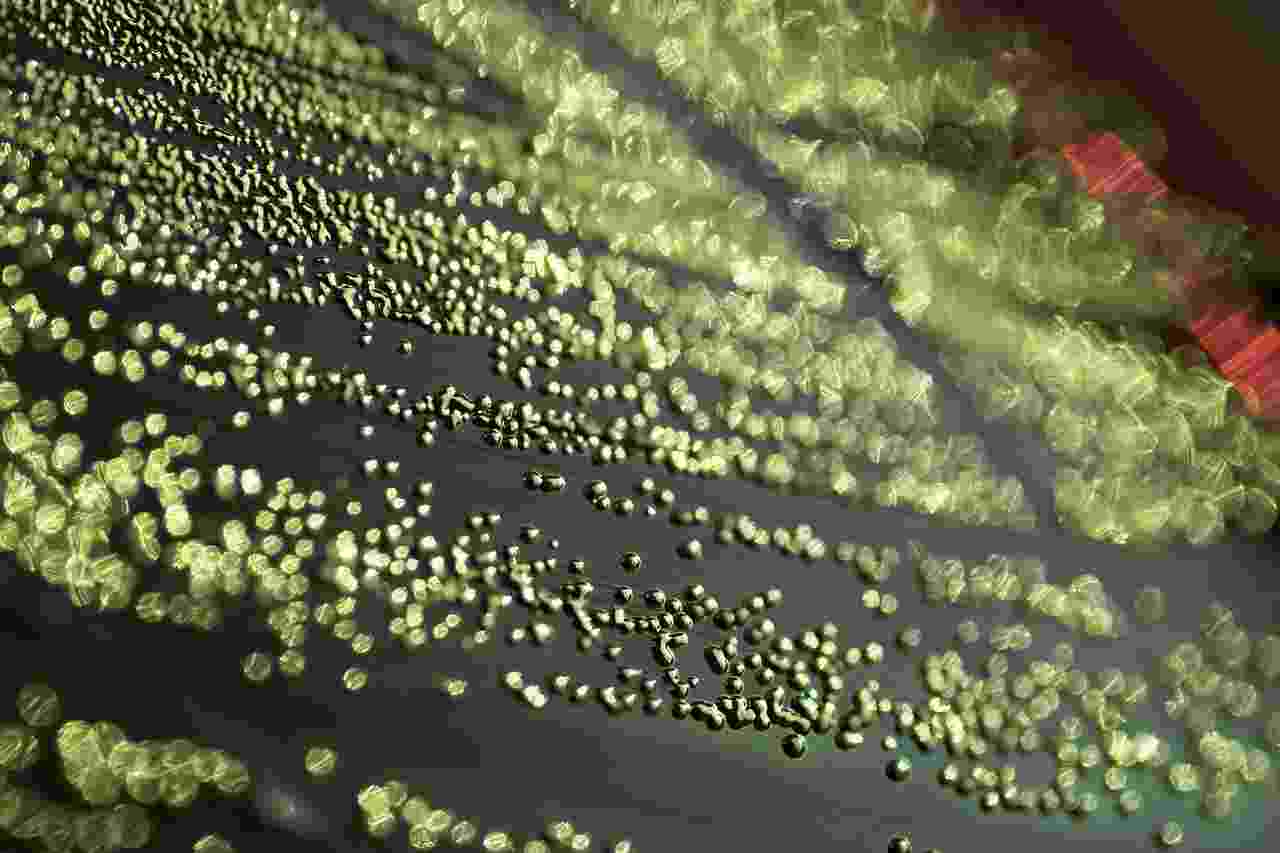The impact of wastewater-irrigated urban agriculture on microbial quality of drinking water at household level
In Addis Ababa, Ethiopia
01 September 2023


Escherichia coli growing on Eosin methylene blue (EMB) media
Authors: Adnan Sirage Ali, Sirak Robele Gari, Michaela L Goodson, Claire L Walsh, Bitew K Dessie & Argaw Ambelu
Wastewater irrigation may reintroduce faecal pathogens to households and cause drinking water contamination. The aim of this study was to assess the effect of wastewater irrigation on the quality of drinking water among wastewater-irrigating urban farming households. Drinking water samples from 52 households of farming communities in 19 sampling sites were collected twice at PoS and PoC. The microbial quality of the water was assessed using E. coli counted by membrane filtration. Samples collected from exposed households at PoC were 100% positive for E. coli with mean E. coli at PoC increased 10× from the PoS and 3× higher compared to PoC in the unexposed households. The absence of hand washing water (ATE = 8.14), water storing (ATE = 7.75), and intermittent water supply (ATE = 6.25) were significant factors for the increased E. coli at PoC. Breaking the path of the pathogens from the farm to the house and from PoS to PoC needs intervention.
Images:
'Escherichia coli growing on Eosin methylene blue (EMB) media', by Gene Drendel, CC BY 4.0, via Wikimedia Commons



